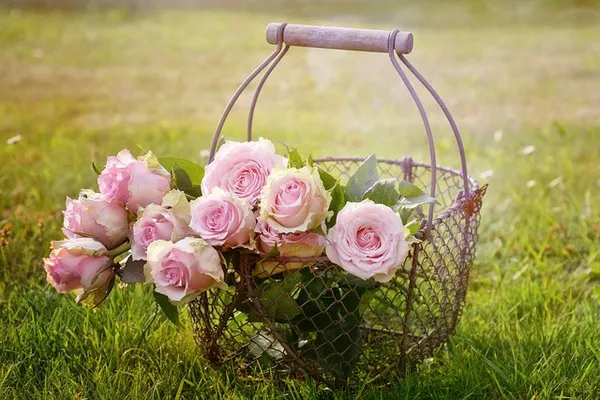The Chelsea Flower Show, renowned for its prestigious displays and innovative designs, faces criticism from leading designer Mark Gregory who warns against what he perceives as a shift towards a “make-good-and-mend” ethos. Speaking at a Royal Horticultural Society (RHS) preview event in London, Gregory expressed concerns that the show’s emphasis on sustainability and thriftiness may compromise its signature glamour.
Gregory, affectionately known as the “King of Chelsea” for his five-time gold-winning streak, emphasized the importance of preserving the show’s “glitz and glam” and avoiding what he views as the dilution of its haute couture essence. “Chelsea is a catwalk, it’s haute couture,” he asserted, advocating for a continued focus on luxury and sophistication in garden design.
His remarks come amid increasing efforts by the RHS to promote sustainability within the gardening community, including the introduction of a compulsory “green audit” for all show gardens. This year, the show will feature a garden predominantly crafted from repurposed materials, reflecting a broader trend towards eco-consciousness in horticulture.
Despite his reservations, Gregory welcomed the challenge posed by the RHS for gardens to adopt more environmentally friendly practices, suggesting that sustainability can coexist with glamour. Notably, his previous Plot to Plate garden, which secured a Silver Gilt award last year, adhered to strict sustainability criteria, eschewing plastic and minimizing waste.
In addition to sustainability, the RHS has endeavored to cater to younger and budget-conscious gardeners by introducing initiatives such as the “balcony gardens” category at Chelsea and hosting the Urban Show in Manchester. These initiatives aim to make gardening more accessible and affordable to a wider audience, diversifying the show’s appeal beyond its traditional demographic.
However, Gregory cautioned against imposing limits on garden budgets, defending the right of exhibitors to invest substantially in their creations. He asserted that extravagant displays contribute to the show’s prestige and underscore the UK’s thriving ornamental horticulture industry, which boasts a significant economic impact.
Highlighting the imperative of resource conservation, this year’s Chelsea will feature a Repurposed Feature Garden designed by award-winning designer Darryl Moore, showcasing elements salvaged from past gardens. Moore emphasized the importance of reusing materials to build a sustainable future amidst climate and biodiversity challenges.
Meanwhile, the Money-Saving Garden at RHS Hampton Court Palace Garden Festival, designed by Anya Lautenbach, offers practical tips for gardening on a budget, including propagation techniques and creative reuse of materials.
Clare Matterson, the RHS director general, reiterated the organization’s commitment to making gardening accessible to all, emphasizing its therapeutic benefits and role in fostering resilience during difficult times. Through initiatives like the Money-Saving Garden, the RHS aims to demonstrate that gardening need not be prohibitively expensive, encouraging broader participation in the hobby.


